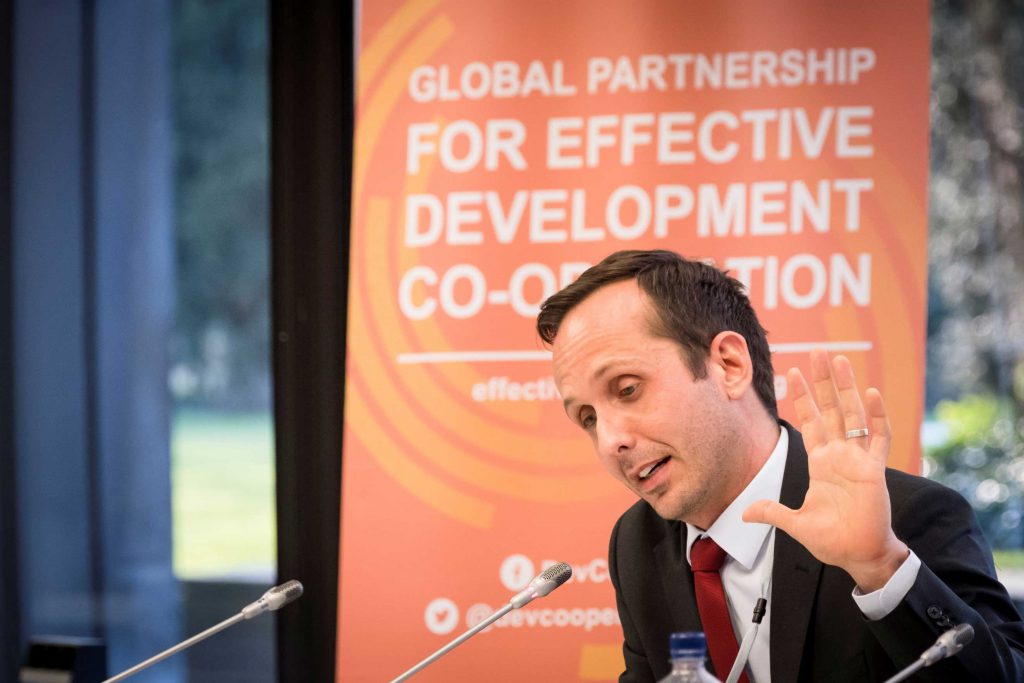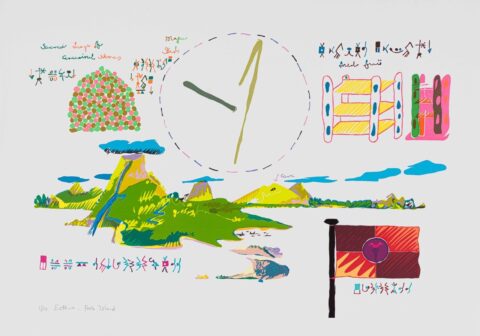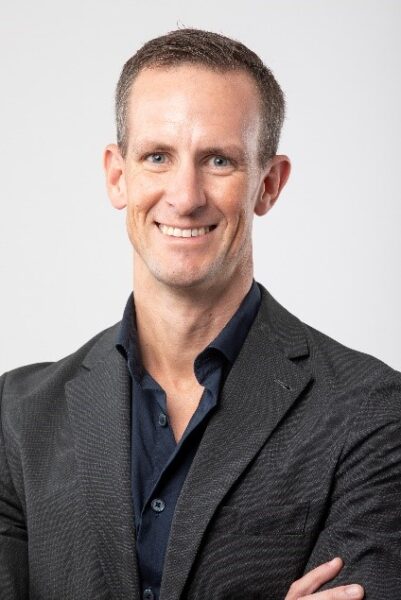Empowerment Government & Politics
Africa Teaching Africa
The fact that current environmental, wealth distribution and development trends across the world are unsustainable is no longer disputed. Hence, in September 2013, all member countries of the United Nations came together to establish a plan for sustainable development to come into effect on 1 January 2016: Transforming our world: the 2030 Agenda for Sustainable Development, otherwise known as the Agenda 2030.
Since the establishment of Agenda 2030, significant strides have been made in different African countries. South Africa can learn from this progress to speed up change, take better care of the planet, and ensure the conditions under which its people live bring about prosperity for all.
Measuring human progress
According to Msingathi Sipuka, the UN South African Sustainable Development Goals (SDGs) adviser, Agenda 2030 is a “global development framework that outlines global priorities up to 2030 and beyond”. Sipuka adds that the agenda is “fundamentally anchored on a vision for the world based on human rights for all, prosperity for all, and an economic model that understands that today’s consumption patterns must not compromise the wellbeing of future generations”.
The SDG adviser notes that this is an agenda which recognises that economic growth as measured using “economic matrices alone” fails to sufficiently indicate human development and progress.
South Africa’s SDG challenges
With regards to people, planet and prosperity, South Africa faces serious challenges. The country is often referred to as one of the most unequal societies in the world, with some of its population living in First World conditions while the majority live in conditions that could easily be lower than those in the poorest parts of the Third World.
In his article entitled “How South Africa can align its development plan with the SDGs”, originally published in The Conversation, Willem Fourie, head of the African SDG Hub and co-ordinator of the MPhil in Development Practice at the University of Pretoria, notes that for many countries in Africa, coming up with coherent policies is a challenge. Now these countries not only have to align their own policies with each other but also embrace the UN’s 2030 Agenda. Fourie argues that this adds even more challenges, as they now need to align with “expansive global development goals”.
Professor Patrick Paul Walsh, whose research areas include agricultural productivity in East Africa, social security for all, socio-economic impact of HIV/Aids in clinical trials, and election outcomes in Malawi, notes that one of the obstacles when it comes to Agenda 2030 is “getting the right stakeholders at the right time in the right places, who are willing to be fully involved in implementing the SDGs and who have the interests of the nation at heart.”
Strides made in Africa
Notwithstanding the challenges, several countries in Africa have made significant strides towards embracing the agenda. For instance, Fourie refers to Kenya which has adopted its own Vision 2030 while the African Union has established Agenda 2063. He adds that what is promising is that “in most cases, these national or continental development plans are accompanied by detailed implementation plans”.
Sipuka agrees with Fourie: “Many countries in the continent have gone a long way in aligning their national plans to the SDGs.” However, he believes that the “real challenge now is the implementation of those SDGs in alignment to national plans”.
Walsh believes that African countries have made progress “towards the agenda especially in relation to health and education”. The University College Dublin professor of International Development Studies adds that “policies have been formulated and implemented to address the issue of gender equality”.
With regards to whether business has a role to play in assisting African countries to make strides towards achieving the goals of Agenda 2030, Sipuka calls upon the business community “to review and change its business model, to integrate sustainable development into the way it does business”. By this, he means that business needs to consider “people and planet together with profitability”.
Walsh believes that “under the UN Compact, financial houses and business (in Africa) are moving faster than most governments”. The UN defines the UN Compact is a “voluntary initiative based on CEO commitments to implement universal sustainability principles and to undertake partnerships in support of UN goals”.
The paradigm shift
Business in South Africa can learn from the challenges and strides made by other African countries. For instance, Sipuka believes that at a practical level “business has a direct contribution to each of the 17 sustainable development goals”. He advances some examples including “how the business community can transform their distribution models to bring in women and promote women economic empowerment, investing in new infrastructure and green industries, bringing in innovation in the rollout of healthcare services etc”.
He also adds that businesses have a role to play “in decarbonising their businesses”.
Notwithstanding the observations by Walsh regarding the strides made by financial houses and business, Sipuka concludes that the “business community has not come to the party in a significant way that will create a real momentum towards the attainment of the SDGs”. He believes that business will only be considered playing its role when it engages in the “process of changing its business model from pure profitability focus to one that places people, planet and profitability on the same footing”. He thinks that the “social investment model also needs to shift away from the traditional corporate social responsibility framework where company investment in sustainability is seen as a side activity and not as part of their operating model”.
Sipuka also believes that there is “space for the private sector to consider some form of sustainability assessment as a basis for making investment decisions”. This would be achieved through starting with “assessing the impact on people and planet before investing”. Organisations such as the UN and other development agencies “should be ready to support the private sector with developing these sustainability assessments for projects”, he adds.
Africa learning from Africa
Fourie warns that no one should believe that there is a magic bullet for aligning national goals and development. However, he notes that this should not be understood to mean that it is impossible or unimportant.
For Sipuka, African countries have to “make use of already existing continental institutions and processes such as the Africa Peer Review Mechanism to hold each other accountable for implementation. They can also look at establishing new and innovative methods of promoting accountability within the continent”.
He believes that “across each goal, we have the opportunity to establish knowledge systems that capture and disseminate information on how certain countries have achieved positive results in respective areas, and such knowledge repositories would serve as platforms of continental learning — the UN facilitates such learning across the continent”.
Dr Akinlolu Omisore from the College of Health Sciences at Osun State University in Nigeria agrees on the idea of peer review and says “it is quite important to have a solitary and agreeable framework for monitoring the SDGs in Africa. This will enable progress to be easily measured within and across countries”.






 Sign-up and receive the Business Media MAGS newsletter OR SA Mining newsletter straight to your inbox.
Sign-up and receive the Business Media MAGS newsletter OR SA Mining newsletter straight to your inbox.